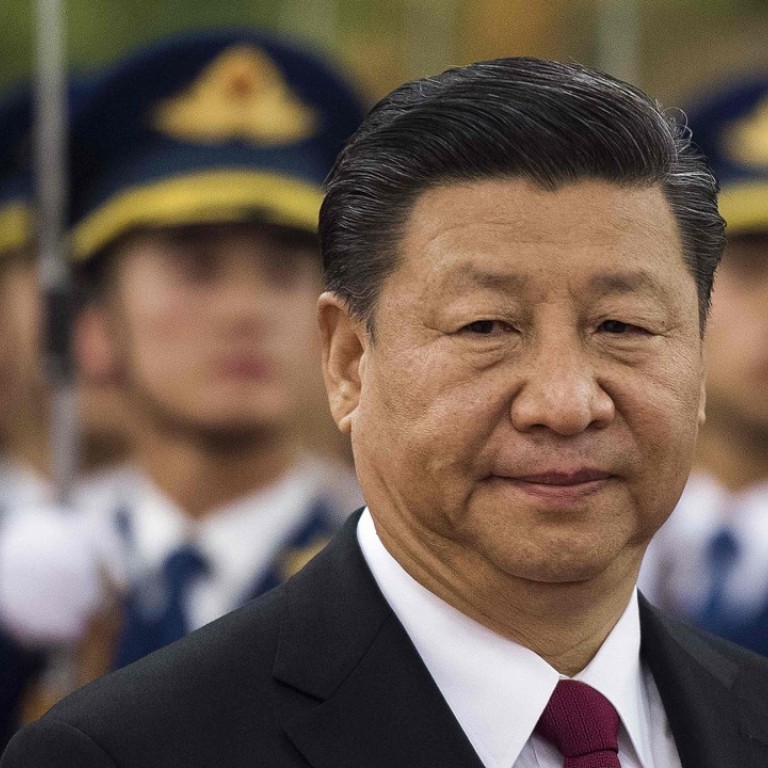
Direction taken by Xi Jinping is a welcome one
At the heart of the matter is having people benefit from growth, broadening the concept of the economy far beyond consumption, exports and investment
China’s era of economic growth at all costs has officially ended. President Xi Jinping has mapped out the fundamentals of a new policy centred on higher-quality development and preventing major risks. There will still be growth targets, but meeting them will no longer be the priority. For all the challenges in attaining a balance, it is the right direction for the nation to take.
Four decades of impressive growth have made China’s economy the world’s second-biggest and put the nation on course to attain the goal of becoming a “comprehensive, well-off society” by 2020. But the focus on gross domestic product figures has created environmental and societal problems and risks that can no longer be ignored. Xi’s approach, laid out to more than 400 top officials at this week’s annual Central Economic Work Conference, seeks to change that through adopting a sustainable strategy that tackles economic shortcomings and threats while taking on pollution, poverty, gender inequality and the wealth gap. The task will be challenging given mounting debt, a housing crisis and an increasingly hostile United States.
The uncertain economic outlook alone necessitates different thinking. Maintaining stability is important; investors should not expect easy credit at a time of preventing financial risk and containing leverage. Xi pointed the way forward in his speech at the 19th party congress in October, indicating that “uneven and inadequate development” was a mismatch with the desire of Chinese for a better life. For those demands to be met, growth targets have to be loosened in favour of more balanced and sustainable expansion. The crux of the matter is having people benefit from growth, broadening the concept of the economy far beyond consumption, exports and investment.
Politics plays a big part in the changed direction. Next year marks the beginning of Xi’s second five-year term as party general secretary and president. As significantly, it is also the 40th anniversary of the Chinese economy being opened to the world by late leader Deng Xiaoping and the start of spectacular growth and development. There is also significance in Xi having been elevated by the party to the status of Deng and founding father Mao Zedong.
The old economic model, where local officials paid attention only to GDP figures and took limited notice of livelihood issues, is no longer sustainable. It is understandable that this year’s conference shifted attention away from purely economic matters to the concerns of citizens, among them excessive school homework for children, online scams and sex discrimination in the workplace.
The new approach is welcome and a necessary direction for the nation to take at so crucial a stage in its development.

